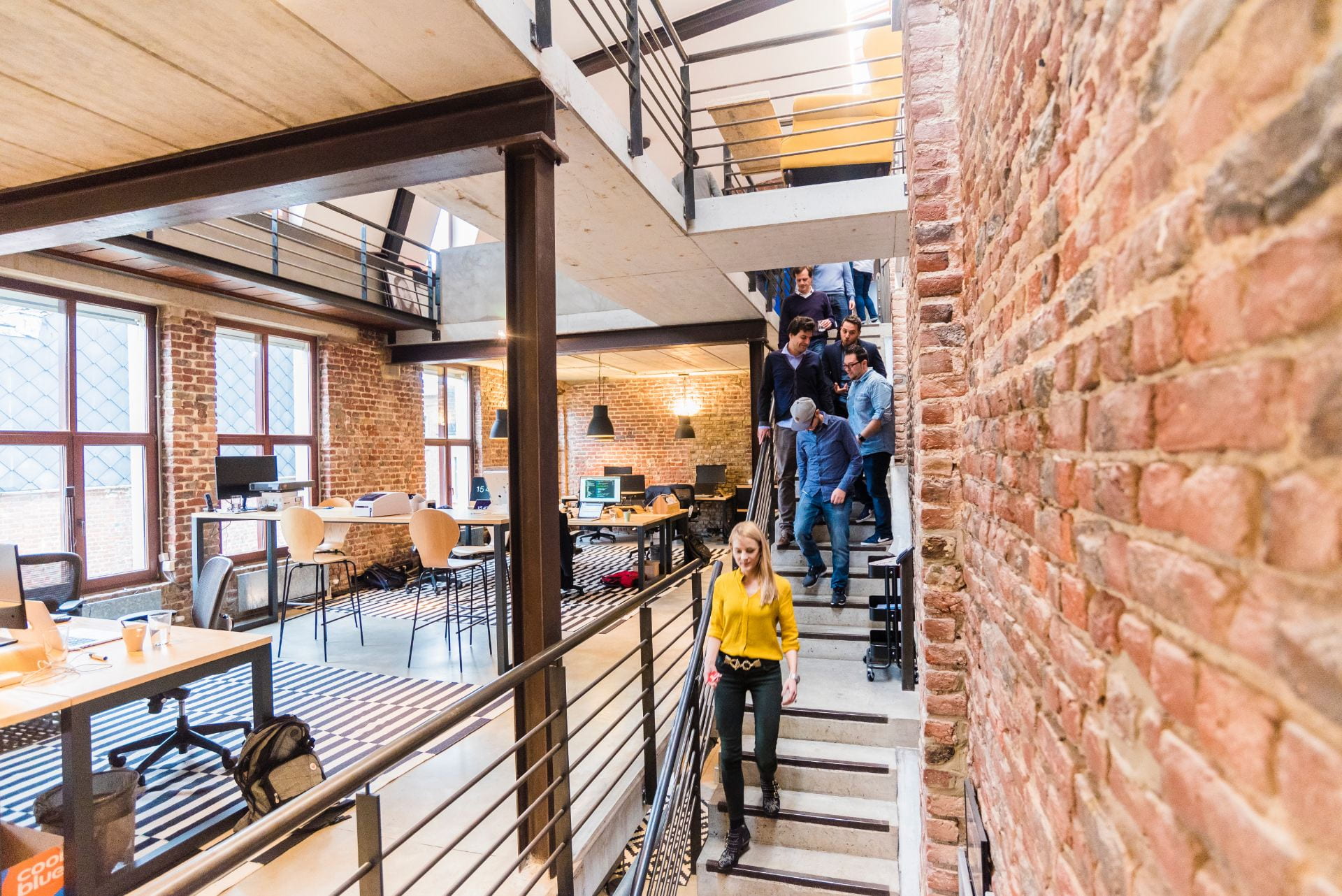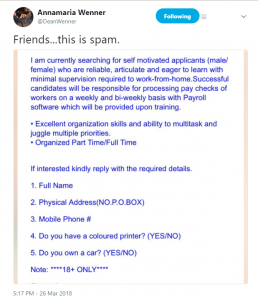By Ria Kalinowski
There are many differences between attending school and starting work at a co-op or job. It can be a bit of a culture shock to make the transition. The schedule is different and expectations are new, so it will take time to make the adjustment. To prepare further, click here to listen to Wentworth Alumni talk about their experience and what advice they have for adjusting to the workplace.
- Communication
During your first week, check in with your supervisor about how they like to be communicated with. Maybe they like you to keep a running list of questions and go over them in a weekly meeting. Maybe they would prefer you to pop by their desk whenever something comes up. Maybe they use Slack or Skype for Business. If you have questions or need to call out sick, learn how to ask and when to do it.
Speaking of asking questions, don’t be afraid to do just that! If something comes up that you don’t know or need clarification on, do some research first, and then ask. A good practice is to show that you’ve done the research and are looking for information that can’t be found elsewhere.
Something critical to ask about is expectations. One major aspect of work that is different from school is that at work, you do not receive feedback in the same way. At school, grades are given frequently and without solicitation. You can compare your progress with how you did in past semesters and with how you are doing compared with others. At work, feedback can range from daily check-ins, to weekly meetings, or yearly evaluations. It may be vague or infrequent. When you first start interacting with your supervisor, work with them to set goals that are concrete and measurable, so you know what is expected.
If you aren’t receiving regular feedback from your supervisor, check in with them after the first few weeks to ask how they think you are doing. Ask for suggestions for improvements. It’s better to ask for redirection rather than continue down the wrong path.
2. Relationships
Another big difference between work and school are the people you interact with. In school, you are surrounded by your peers and often, you can pick the professors you learn from. At work, there may be several different generations you are asked to collaborate with and present to. You will have to manage relationships with people you may not get along with or agree with and sometimes, those people may be in a position of power. It’s important to behave as civilly and professionally as possible, as these are people you will see every day. You may also need references from them in the future!
One of the main relationships that you will engage in is the one with your supervisor. During your interactions with them, you may receive negative feedback or constructive criticism. It’s important to take this feedback professionally. Keep in mind that not all supervisors receive extensive management training. While this is a time to be developing your interpersonal skills, your supervisor may be working on their own skills as well. Knowing your strengths and weaknesses while gaining an understanding of the strengths and weaknesses of your supervisor and what motivates them will help you navigate that relationship.
There may be people you adore spending time with at work, as well! It’s awesome to find people at work to be friends. Try not to complain about other work people to them as you never know what can get back to others.
This is a good time to start building a network of professionals to mentor you and help you learn about the industry and professionalism. Mentors can help you navigate company norms, understand hierarchy, and coach you to move up in your career.
3. Accountability
Much of your time at school is spent working independently. At work, often you are part of a team working towards a shared end goal. It’s important that you pull your weight, meet deadlines, and communicate with your teammates. Along with being accountable to a team, you are accountable for showing up every day. One of the biggest issues that leads to co-op termination is students not showing up or consistently showing up late.
Take notes in meetings (not on your phone as this can be misconstrued) and ask for more work when you finish a project. It might even be a good idea to have a list of smaller projects that are not time sensitive to dive into if you finish other work early.
While it’s important to work hard and not sit idle, it’s also important, in a full-time job, to take time off to recharge. Vacations aren’t scheduled for you like they are during school so make sure you take care of your mental health.
4. Success!
The key to being successful so that your job is secure, and might even lead to a promotion, is to make yourself indispensable. Be positive, professional, and proactive!
As always, to make an appointment with your Co-op + Career Advisor call the front desk at 617.989.4101 or stop by the CO-OPS + CAREERS Office.
Summer 2019 Drop-In Hours: Wednesday and Thursday 2:00pm – 4:00pm while classes are in session.















 By: Ria Kalinowski
By: Ria Kalinowski